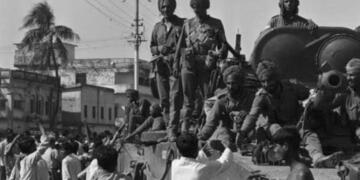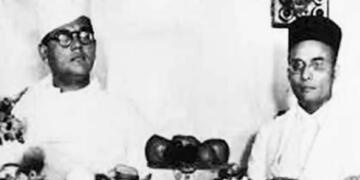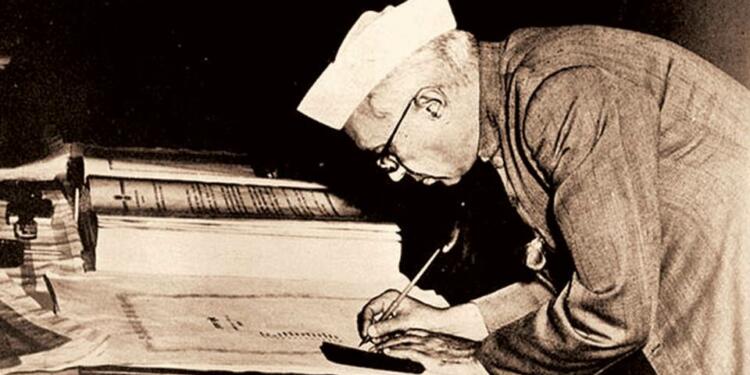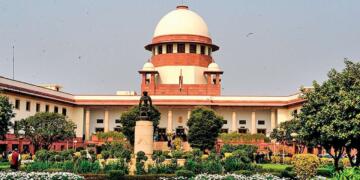The Constitution came into effect on 26th January 1950. Its original version was kind of balanced in the sense that no one was totally happy or totally discontent with the document. If anyone was discontent, the Judiciary was there to help them out.
Judiciary of the time is commonly assumed to rely on strict implementation of Constitutional provisions. This is where the Nehru government started to get jittery. Mind you, in one way Nehru was fighting Communism as well.
1st Constitutional Amendment : Curb on free speech
In the magazine named Crossroads, Romesh Thapar, a well-known communist of the time, was extremely critical of Nehru. 2 months after the enactment of the Constitution, the Madras Government banned the magazine.
Thapar challenged it and the Supreme Court ruled in favour of free speech. No points for guessing that it was antithetical to the government’s interests. But the Nehru government seems to have believed that government and state are the same. You know, “India is Indira and Indira is India”.
To get more power for the government, in the 1st constitutional amendment, Nehru pushed public order, incitement of an offence and friendly relations with foreign states as reasons to curb free speech by the state. Its political undertone was to stop communist movement from gaining traction.
Instead, the change became a replica of Communism by giving more power to the government. Later, the APEX Court had to rely on liberal interpretation of Article 19(2) to stop future India from becoming a dictator state.
Opened the floodgates for nationalisation
If 19(2) was precursor, change in 19(6) was a full-fledged attack on freedom of trade. Nehru was quite impressed by the Russian model and wanted to introduce it in India. But, freedom of trade in Article19 was a hurdle. Earlier a business could be restricted only when it harmed the general public.
After the 1st Constitutional Amendment, it became easy for the government to own any business and nationalised it. Effectively, it provided a way for Nehru to become sole owner of any business in India. It was a clear attack on competence.
An uncheckable dumpyard called Ninth schedule
The war continued with the introduction of Article 31A, 31B and 9th schedule. All 3 provisions shielded the government from judicial scrutiny. The change was intended to protect zamindari abolition laws. At that time, snatching lands from Zamindars was unconstitutional under Right to property of Article 31. 13 laws could be challenged in Court.
With the introduction of a dumpyard called Ninth Schedule, Nehru shut the gates for these laws to be declared unconstitutional. In later years, the Supreme Court had to introduce basic structure doctrine to ascertain that ill effects of the 9th schedule are minimised.
However, it is true that after that Indians became highly sceptical of buying private property for fear of the government.
Reservation rucks
While land ownership was virtually castigated, avenues of education to earn livelihood were also shortened. In the Champakam case, the Judiciary had declared reservation in education to be unconstitutional as it discriminated against citizens on the basis of caste. Nehru overturned it by adding Clause (4) in Article 15.
It enabled Congress to discriminate against the so-called upper caste on the basis of their birth. It laid the foundation for further compartmentalisation of meritorious posts in favour of certain classes. The amendment paved the way for division of youth on Mandal Commission and reservation ruckus after that.
If SC had not introduced the 50 per cent cap in Indira Sawhney Case, the vote bank politics would have killed merit, which is the undeclared goal of Communism.
Hindsight provides us the opportunity to look at things with the perspective of results. Looking at the 1st Constitutional Amendment, we can say that with the goals such as abolition of zamindari and reservation, leaders of the time believed that it was a noble pursuit to support it. However, it is hard to believe that getting more power for themselves for virtue signalling was not one of the reasons.
Support TFI:
Support us to strengthen the ‘Right’ ideology of cultural nationalism by purchasing the best quality garments from TFI-STORE.COM


































